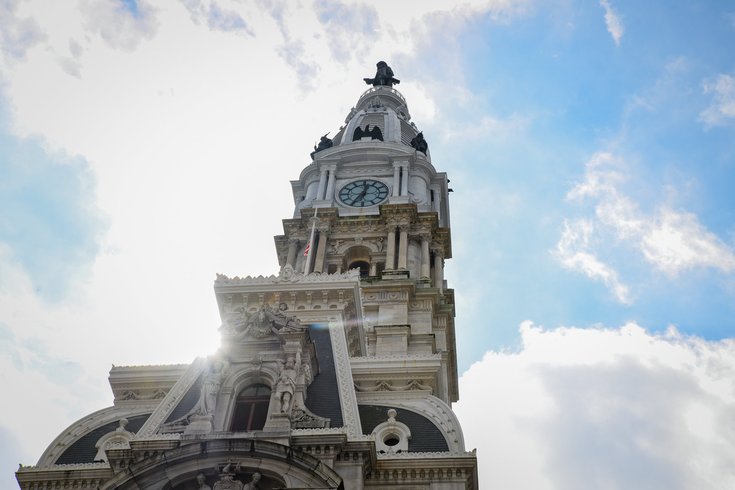
September 27, 2023
 Kate Frese/For PhillyVoice
Kate Frese/For PhillyVoice
Mayor Jim Kenney will veto a City Council bill that would prohibit supervised injection sites in most parts of Philadelphia. City Council is likely to override his veto.
Mayor Jim Kenney will veto legislation that would prohibit supervised injection sites, also known as overdose prevention centers, from being implemented in most parts of Philadelphia.
City Council, which passed the measure with a 13-1 vote on Sept. 14, will likely override Kenney's veto with a two-thirds vote during a scheduled meeting on Thursday. That would allow the legislation to become law without a signature from the mayor, who is a longtime supporter of supervised injection sites as a strategy for reducing overdose deaths.
Kenney explained in a letter to City Council that supervised injection sites are medical facilities where individuals can use drugs under the supervision of professional staff trained to prevent overdoses. He went on to say that supervised injection sites do not promote drug use, but "make it non-fatal," bringing drug use off the streets and into facilities where participants can access treatment, housing and health resources.
Research indicates that supervised injection sites in other parts of the world have led to fewer overdose deaths, ambulance calls and public drug injections. In his letter, Kenney called the bill "troublingly anti-science and misleading" and said there are ways to ensure community involvement without using zoning laws, which this bill does.
"We cannot stress enough that all street drugs — not just opioids — could be lethally contaminated and cause an overdose," Kenney wrote. "We are not facing the same drug supply that we were even five years ago... And while OPCs will not save everybody, at a time like this it is disappointing that lawmakers would spend time and energy removing another effective tool from our toolbox of solutions."
The bill was introduced earlier this year by Councilmember Quetcy Lozada, who represents portions of Kensington. It would update the city's zoning code to prohibit the use of supervised injection sites in nine out of City Council's 10 legislative districts. The city's District 3, which includes portions of West and Southwest Philly, was not included in the bill.
Lozada and other advocates for the bill have said that it is not an outright ban on supervised injection sites because operators would be able to request special permission through the Zoning Board of Adjustment to build an OPC.
Councilmember Kendra Brooks voted against the measure, saying the bill does nothing to address overdose deaths or the opioid crisis and does nothing to support residents living with addiction. Councilmember Jamie Gauthier, of Philly's District 3, did not vote but released a statement saying that there are no proposals to open a site in her district or in any part of the city.
"In the midst of an overdose crisis that is destroying families and communities, we should not be banning a tool that could save lives," Brooks said when the bill passed. "We should make decisions based on evidence-based public health research, tools that have been proven to be effective, and lived experience."
In 2022, 1,413 people died from drug overdoses in Philadelphia, and that number has risen every year since 2018.
While overdose deaths in Philadelphia have historically been highest among white individuals, they have been highest among Black residents since 2021. Kenney also referenced a report from the Department of Public Health that has not yet been released. It found that, between 2021 and 2022, there was a 20% increase in overdose deaths among Black Philadelphians, as well as an 11% increase in fatal overdoses among all residents.
The bill was drafted, in part, due to ongoing litigation surrounding a proposal that Safehouse, a Philly-based nonprofit organization, be allowed to open the city's first overdose prevention site. The plan has been embroiled in court battles over its legality and efficacy over the last four years.